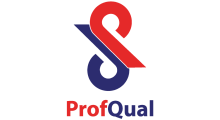The Professional Diploma in Finance & Accounting (PDFA) is designed to equip participants with a comprehensive understanding of the core principles of finance and accounting. The course provides in-depth knowledge of financial management, corporate accounting, cost and management accounting, and financial reporting to enable participants to make informed business decisions and improve financial performance.
This program is ideal for finance professionals, accountants, business analysts, and corporate managers who seek to develop their skills in financial planning, cost control, budgeting, and corporate governance. Through a combination of theoretical concepts and practical applications, participants will gain the knowledge and confidence to manage financial operations, evaluate financial performance, and develop strategic financial plans.










